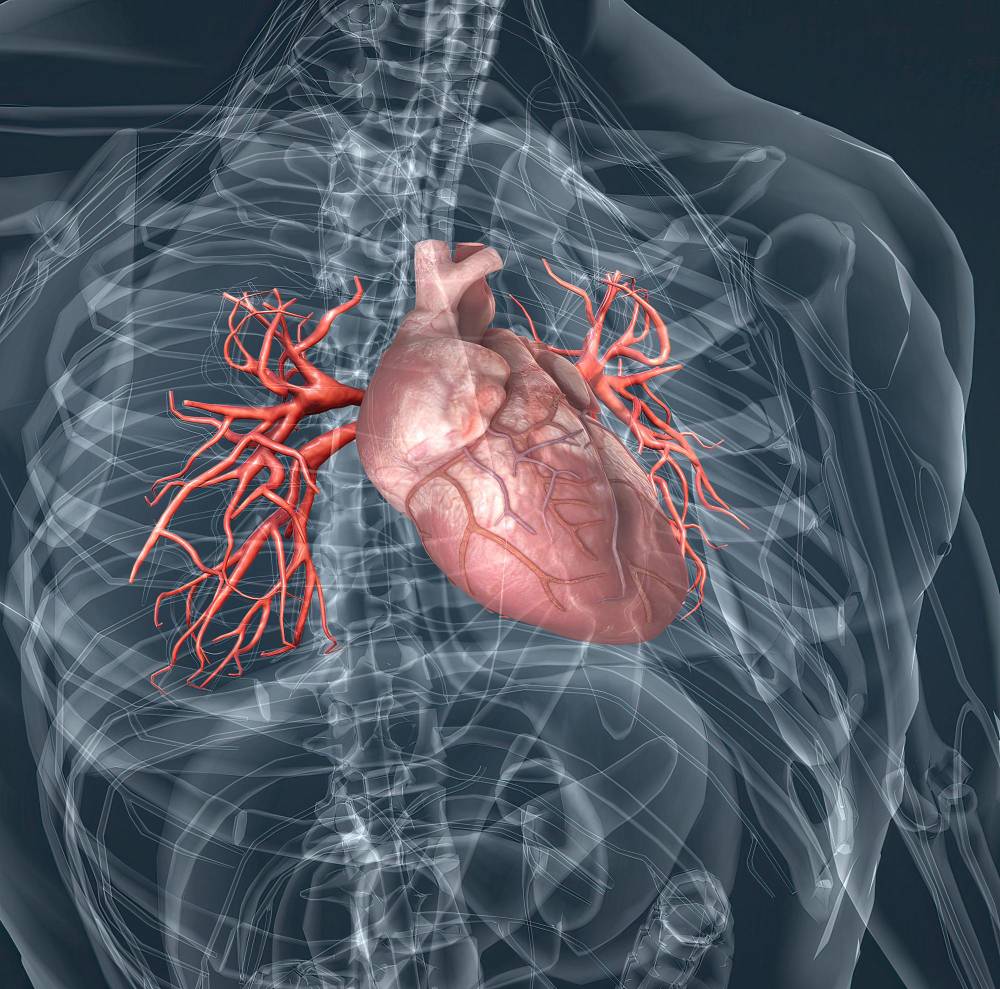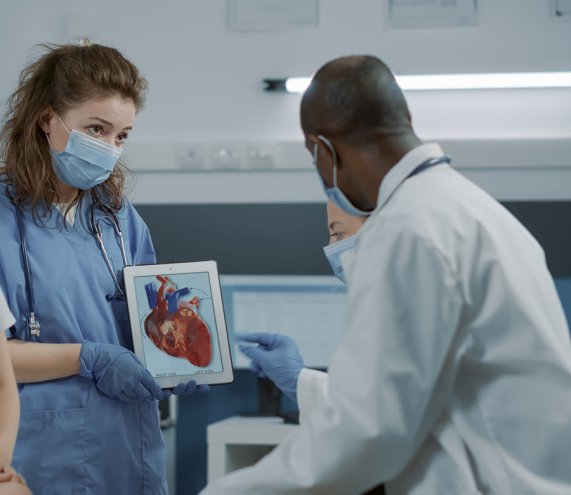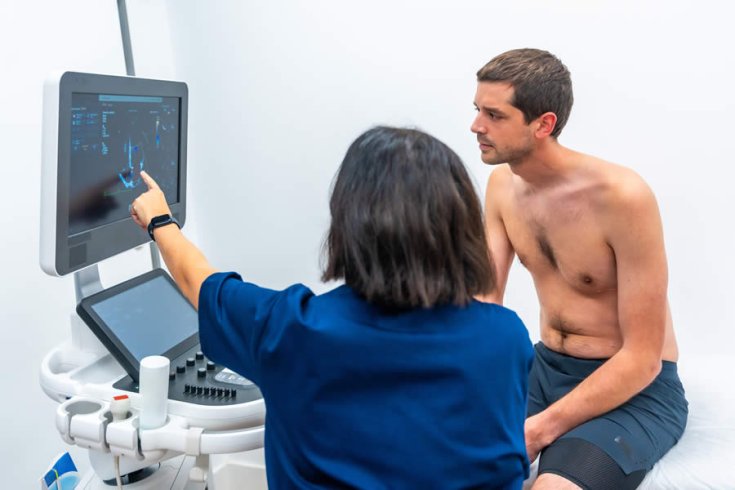The medical field offers several advanced imaging techniques that help diagnose heart conditions, each with its unique benefits. At Capitol Cardiology Associates, we believe that knowing these differences can help today’s patients make informed choices about their heart health. Read more to learn about the distinctions between the Cardiac CT Scan and the Angiogram.
The Details of an Angiogram
An angiogram, also known as coronary angiography, is a specialized X-ray procedure used to visualize the blood vessels of the heart. A catheter is professionally inserted into a blood vessel either in the arm or groin, then guided to the heart. Once the catheter is in place, a contrast dye is injected, which makes the blood vessels visible on X-ray images. The primary purpose of an angiogram is to locate blockages or narrowings in the coronary arteries, which can lead to conditions such as angina or heart attacks. The procedure is highly effective in providing detailed images of the heart's blood vessels, allowing a cardiologist to assess the severity of any blockages and plan appropriate treatments. During the angiogram, patients are typically awake but may receive mild sedatives to help them relax. After the procedure, patients need to lie flat for a few hours to prevent bleeding from the catheter insertion site. While angiograms are considered very safe, they do carry some risks, including bleeding, infection, and allergic reactions to the contrast dye.
Understanding Cardiac CT Scans
A Cardiac CT Scan, or Coronary CT Angiography, is a non-invasive imaging test that uses advanced CT technology to obtain detailed pictures of the heart and its blood vessels. Unlike a traditional angiogram, this procedure does not require the insertion of a catheter. Instead, a contrast dye is injected into a vein in the arm, and the CT scanner captures multiple images of the heart as the dye travels through the blood vessels. Cardiac CT Scans are particularly useful for detecting coronary artery disease in its early stages. They provide high-resolution images that allow a heart doctor to identify plaques, calcifications, and other abnormalities within the coronary arteries. This method is favored for its ability to quickly and painlessly produce comprehensive images of the heart. Patients undergoing a Cardiac CT Scan will lie onto a table that slides into the CT scanner. The test usually takes around 15 to 20 minutes, and patients are asked to hold their breath for short periods of time to ensure clear images. There is no need for sedation, and patients can resume normal activities after the scan. The risks associated with a Cardiac CT Scan are minimal, mainly involving exposure to radiation and potential allergic reactions to the contrast dye. However, modern CT scanners use low-dose radiation techniques to minimize exposure, making the procedure safe for most patients.
Cardiac CT Scan vs. Traditional Angiogram
When it comes to accuracy, both Cardiac CT Scans and Angiograms offer precise and reliable results, but they serve slightly different purposes. An angiogram is considered a gold standard for detecting and assessing blockages in the coronary arteries. It provides real-time images and allows for immediate intervention if a blockage is found. This procedure is particularly valuable for patients who may require angioplasty or stent placement during the same session. On the other hand, Cardiac CT Scans are highly accurate for ruling out coronary artery disease in patients with low to moderate risk. They are far less invasive and carry a lower risk of complications compared to traditional angiograms. However, if a blockage is detected, further testing, such as a traditional angiogram, may be required to confirm the findings and proceed with treatment.
Choosing the Right Test for You
Deciding between a Cardiac CT Scan and an Angiogram depends on several factors, including your medical history, symptoms, and the recommendations of your heart doctor. Here's a brief overview to help guide your decision:
- Risk Level: For patients with a high risk of coronary artery disease or those experiencing severe symptoms, an angiogram may be more appropriate due to its ability to provide immediate and actionable results.
- Non-Invasive Preference: If you prefer a less invasive procedure with a lower risk of complications, a Cardiac CT Scan is an excellent choice. It is particularly suitable for patients with low to moderate risk who need a comprehensive evaluation of their coronary arteries.
- Immediate Intervention: If there is a strong suspicion of blockages that may require immediate intervention, an angiogram is the preferred option.
Do You Need a Cardiac CT Scan or Angiogram?
No matter which procedure you choose, the team at Capitol Cardiology Associates is here to guide you every step of the way. If you have concerns about your heart health or need advice on the best diagnostic approach, speak with our specialists. Schedule a consultation with an experienced cardiologist today.






